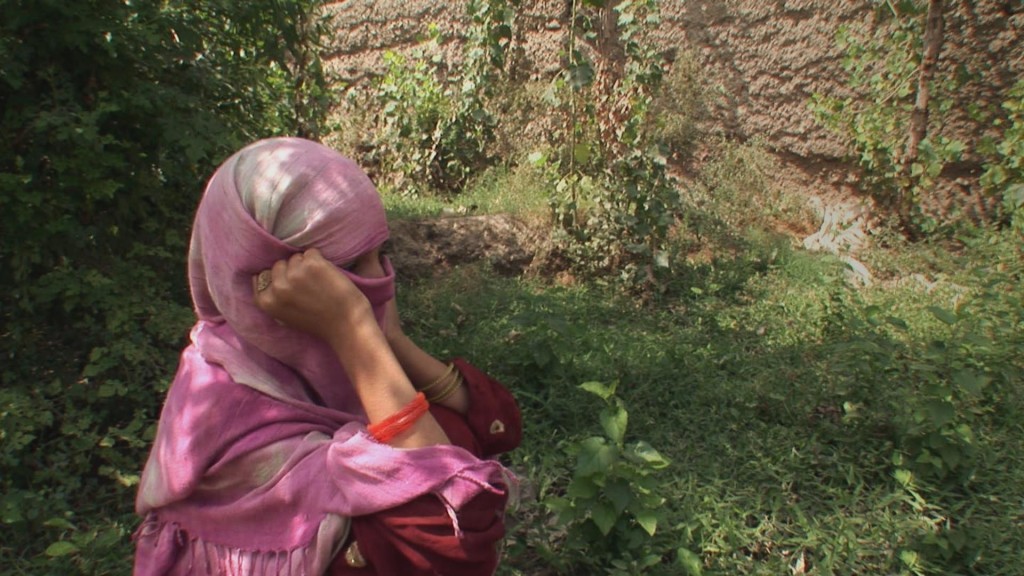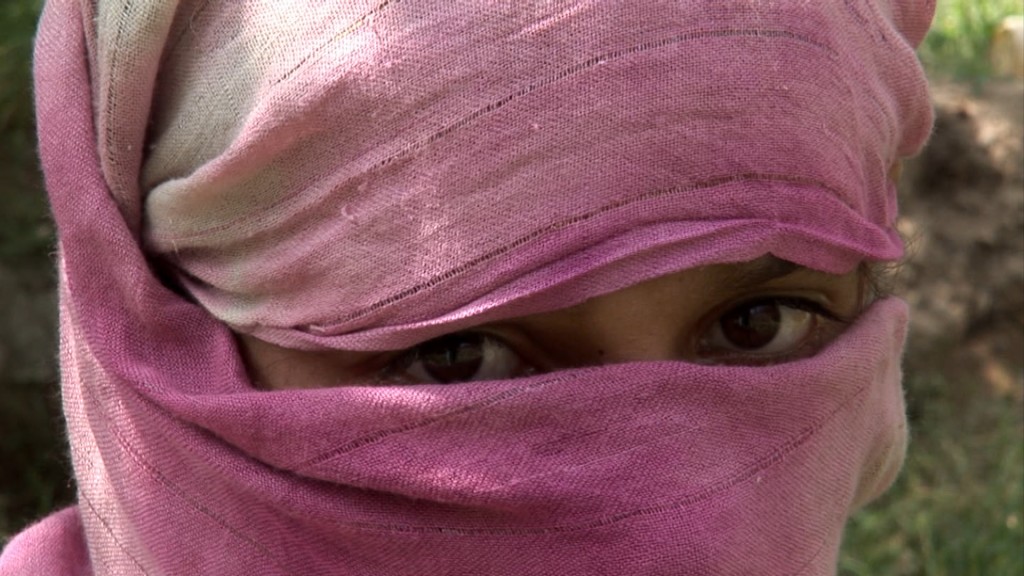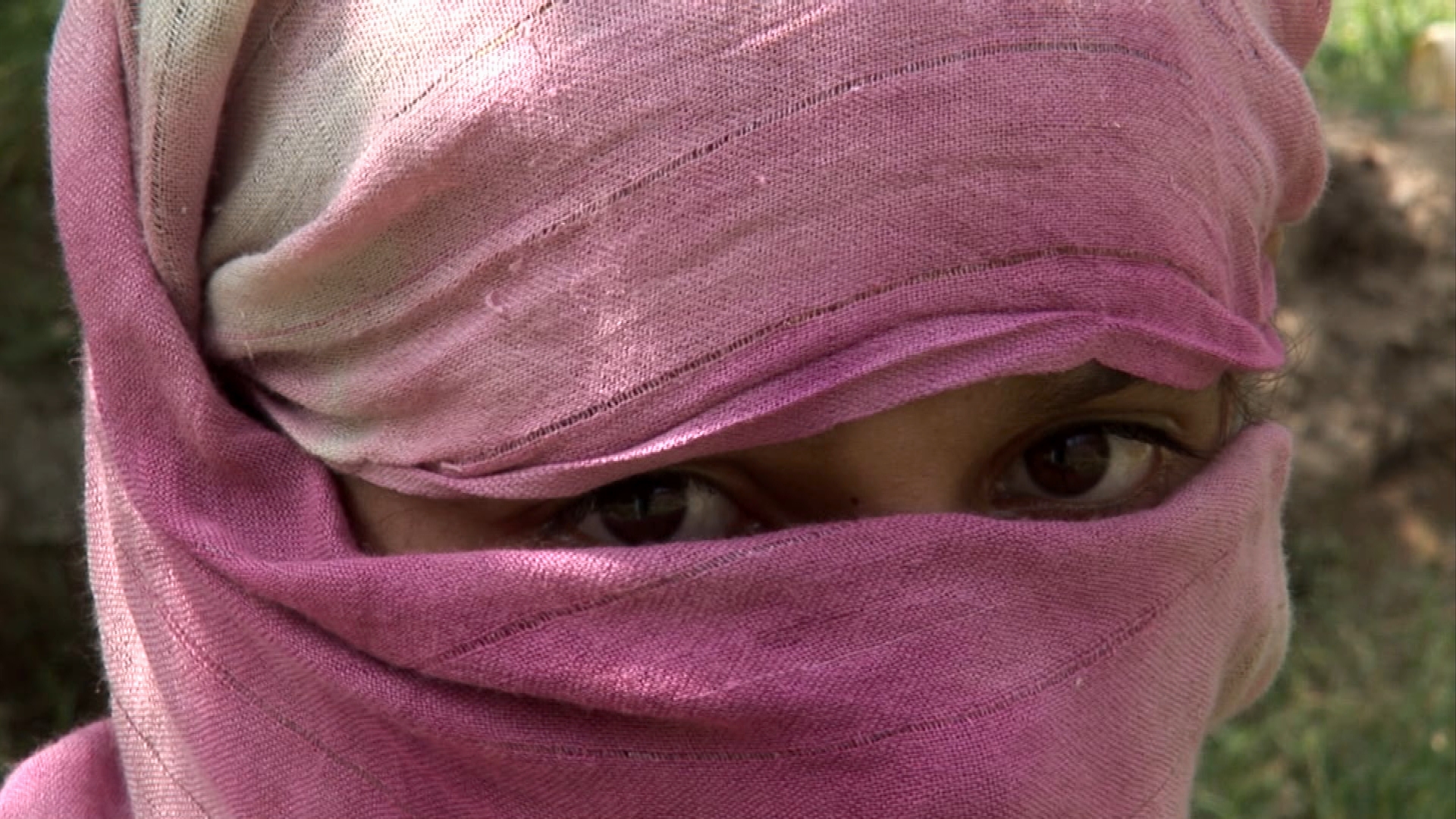When Afghan Girls Pay the Price for the Crimes of Others

February 17, 2012
Share
Shakila was just 8 years old when a group of men abducted her and her cousin from their beds as they slept in Naray district in Afghanistan’s Kunar province. She was held as a slave for a year — a punishment inflicted on her because an uncle had run away with the wife of a strongman associated with her abductors — before she managed to escape.
The reaction of Shakila’s father, Alissa Rubin writes, “illustrates the difficulty in trying to change such a deeply rooted cultural practice: he expressed fury that she was abducted because, he said, he had already promised her in marriage to someone else.”
Rubin tells Shakila’s harrowing story in today’s edition of The New York Times, exploring how young girls are taken and held like slaves to settle disputes in a practice known as baad in Afghanistan. “Baad is most common in areas where it is dangerous for people to seek out government institutions,” she writes. “Instead of turning to the courts, they go to jirgas, assemblies of tribal elders, that use tribal law, which allows the exchange of women.”
In our January report Opium Brides, Afghan reporter Najibullah Quraishi went deep inside the Afghan countryside to meet and film young girls given up in baad transactions when their families failed to pay debts to drug smugglers after their opium crops were eradicated by the government. In an excerpt from the film embedded above, Quraishi reveals how drug traffickers exploit the ancient cultural practice, and documents its devastating impact on families. Though exacerbated by opium eradication policies, baad is a deeply-rooted historical practice, and as we explore, efforts to address the problem are constrained by many factors.
Related Documentaries
Latest Documentaries
Related Stories
Related Stories
Explore
Policies
Teacher Center
Funding for FRONTLINE is provided through the support of PBS viewers and by the Corporation for Public Broadcasting, with major support from Ford Foundation. Additional funding is provided the Abrams Foundation, Park Foundation, John D. and Catherine T. MacArthur Foundation, Heising-Simons Foundation, and the FRONTLINE Trust, with major support from Jon and Jo Ann Hagler on behalf of the Jon L. Hagler Foundation, and additional support from Koo and Patricia Yuen. FRONTLINE is a registered trademark of WGBH Educational Foundation. Web Site Copyright ©1995-2025 WGBH Educational Foundation. PBS is a 501(c)(3) not-for-profit organization.























